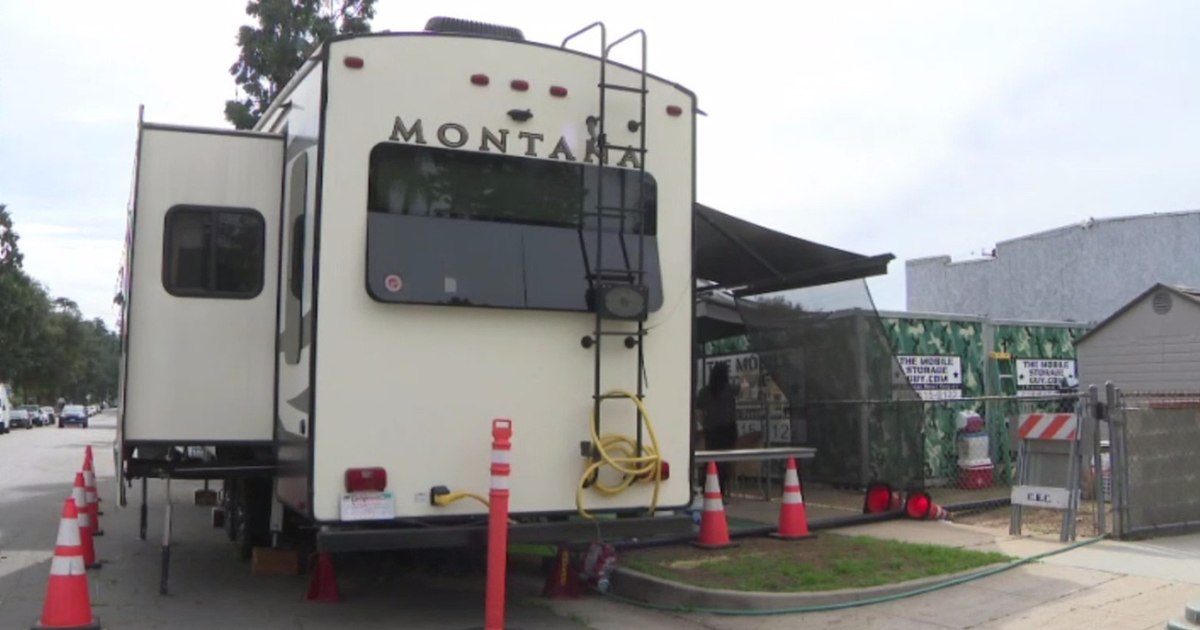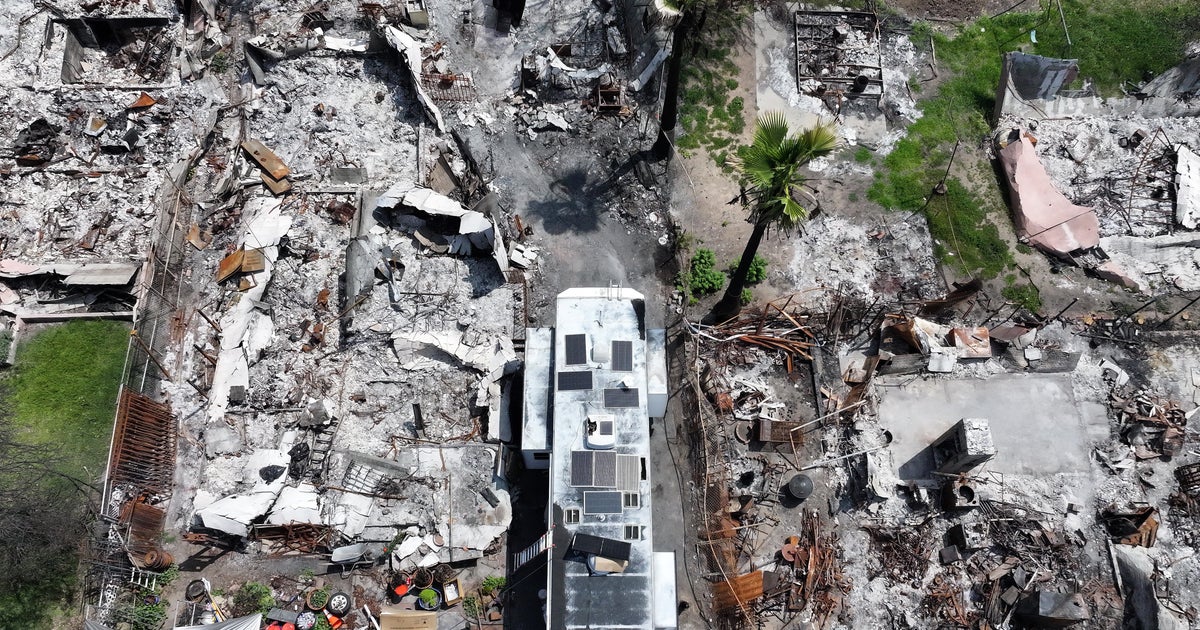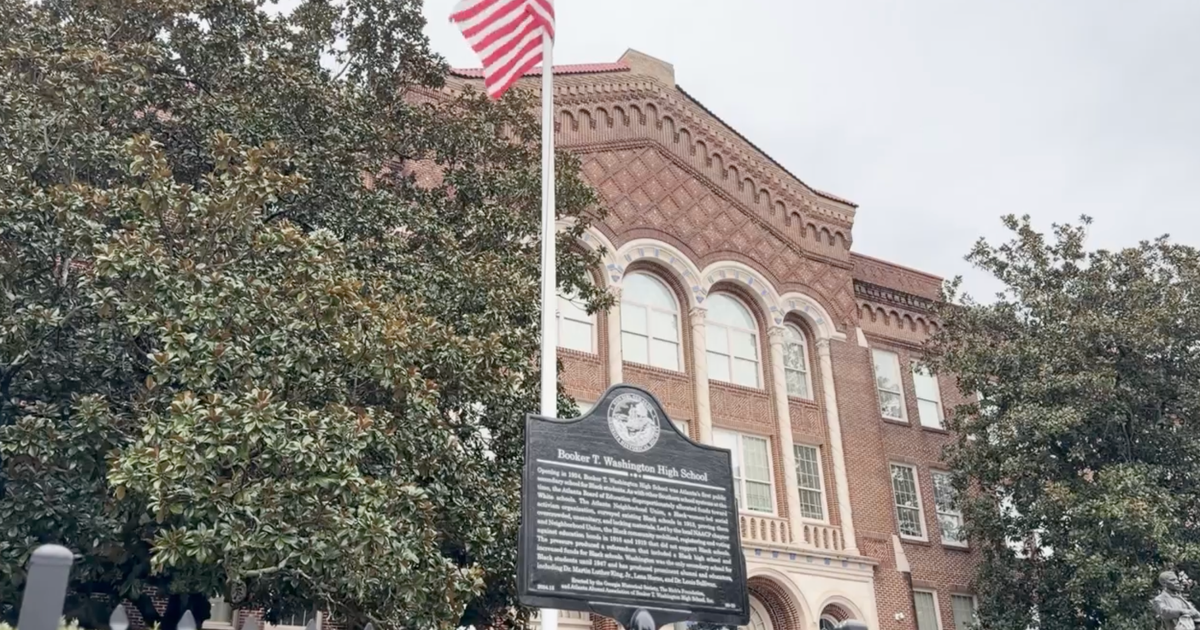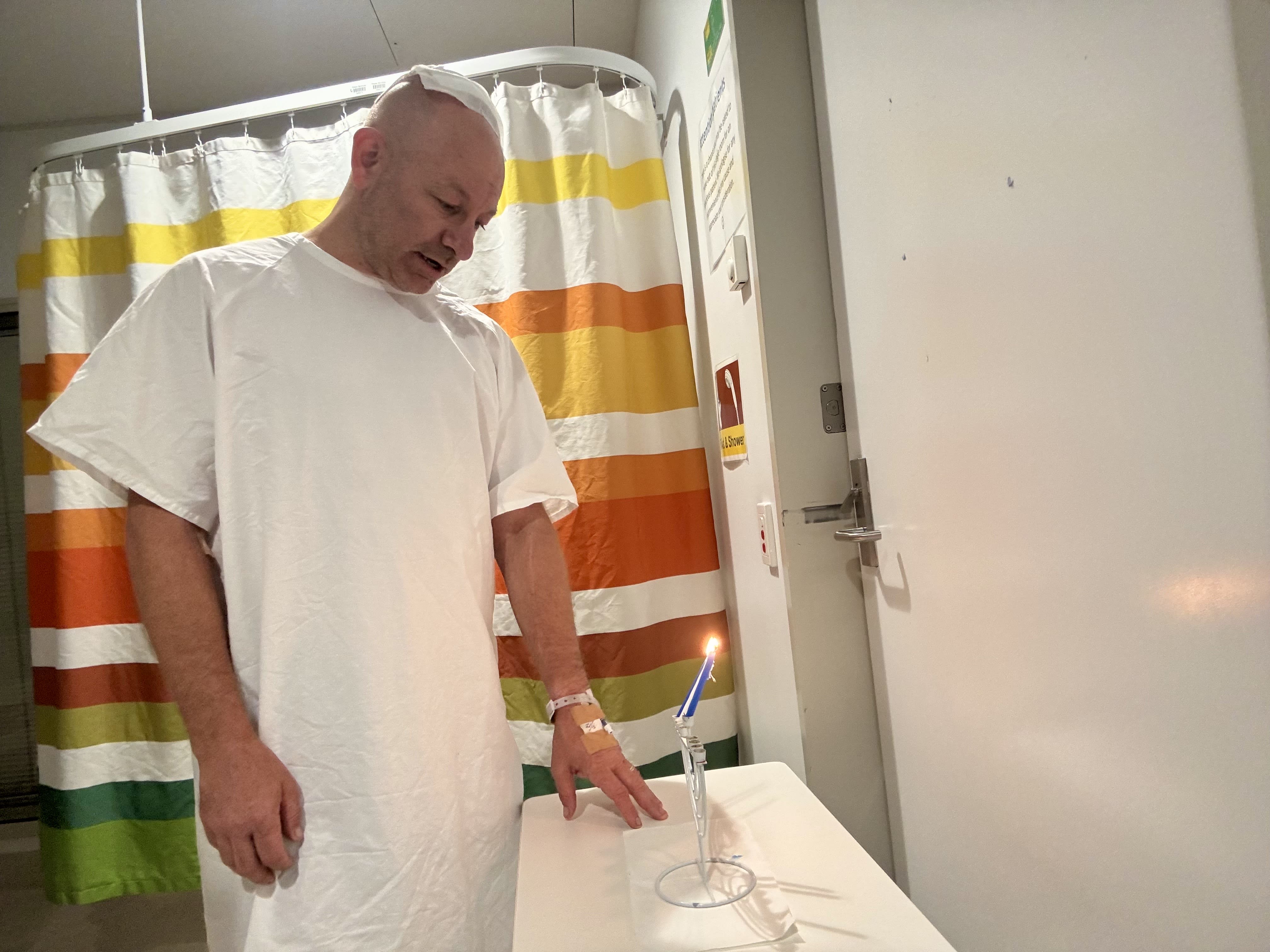Manhattan Beach property seized from Black family more than a century ago may be returned
Manhattan Beach is a favorite for seeking a spot on the sand or a stroll on the strand - where homes can sell for upwards of $20 million.
But it looked a lot more vacant in 1912 when Willa and Charles Bruce bought an ocean-view lot for around $1,200. They were among the city's first Black landowners.
Duane Shepard, a family historian for the Bruces, said a Los Angeles County lifeguard headquarters now stands where Willa built "Bruce's Lodge." It became a popular destination for the Black community when segregation kept them off most beaches.
"They had to walk a half-mile in either direction before they could get into the water," Shepard told CBS News' Carter Evans.
Barricades were built, tires were slashed and one real estate agent even admitted he was trying to end the "negro invasion."
"There was a chapter of the Ku Klux Klan. They started harassing my family around 1920. They burned a cross. They threw burning mattresses under the porch of one of the buildings," Shepard said.
"Here were some Black lives, and they didn't matter 100 years ago. But I think they matter now," L.A. County Supervisor Janice Hahn said.
On Friday, Hahn is holding a news conference where she is expected to announce a plan that could return the land to the family's descendants.
She first learned what the Bruces endured when the Black Lives Matter movement sparked conversations about racism and income inequities.
City leaders used eminent domain to shut down the Bruce's thriving business to make way for a park. It was a legal maneuver, city and county leaders now confirm, that was racially motivated.
"These people were terrorized and kicked out of a community where they were trying to live peacefully," Shepard said.
Hahn said it was an injustice to the Bruces and generations of their family.
"Generations who surely would have been millionaires today if that beachfront property had remained in the family," Hahn said.
In the last century, the city has grown and prospered, but it ruled out reparations to the family for lost income.
"That would be considered to be an illegal gift of public funds," Manhattan Beach Mayor Suzanne Hadley said.
She said the council did authorize spending $350,000 on art to commemorate the family and this week voted to acknowledge and condemn what happened but chose not to offer an official apology.
"It's awful. It's wrong. We're not that community now. I wouldn't live here if we were a racist community. And my friends and neighbors would not live here as well," Hadley said.
Last month, a group calling itself "Concerned Citizens of Manhattan Beach" took out an ad in a local paper, claiming some "are trying to create a racist problem where there is none."
For some 20 years, Malissia Clinton has raised her kids in Manhattan Beach and said that she would consider the city a racist community.
"So we are less than 1% African American. That defines racism to me," Clinton said.
Back in 2015, she said someone threw a burning tire at her family's front door early one morning. Everyone escaped unhurt, but the trauma remains.
"What it reminded me is that things haven't changed that much. The terror is still real. People who look like me are terrorized. We aren't entitled to the comfort of security," Clinton said.
Her neighbors rallied around her, so the family stayed. But Clinton wonders what the city would look like today if Bruce's Beach had not been shut down.
"This community might be teeming with Black folks if we had not destroyed that family. It changed the trajectory, not only of their lives and their offspring but of this community," she said.
To help usher in change, Supervisor Hahn has teamed up with state legislators to propose giving the property back to the Bruce's descendants. The county would then lease the land back from the Bruces, creating income for the family.
"I think it's a moment for Manhattan Beach, I think it's a moment for L.A. County that we could maybe be a model for the rest of the country," she said.
"Did you ever think about what Willa and Charles would have thought of all this?" Evans asked.
"Oh, they would have loved it, I'm sure they're proud of us right now for fighting to get that back," Shepard said.



